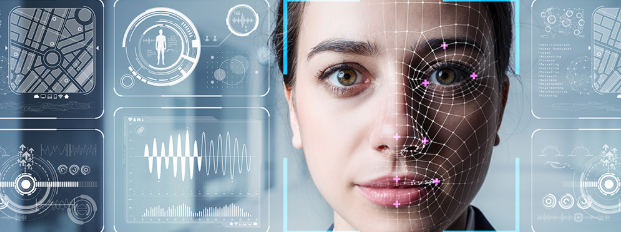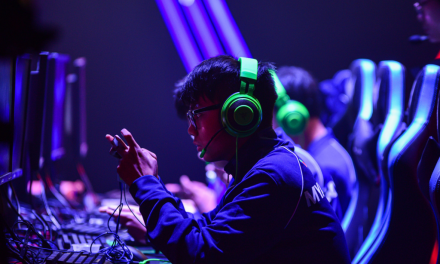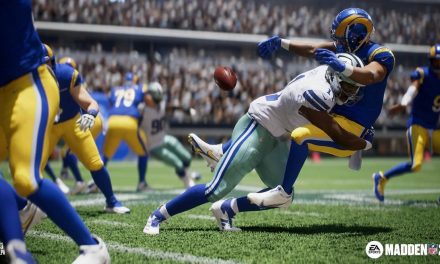Using facial recognition technologies has significantly increased during the past few years and is expected to double within the following decade. So what is this technology about and what potential benefits and risks it has in store?
Let’s start with the definition. Facial recognition is a biometric software aimed to identify and verify a person by analyzing and comparing set parameters based on facial contours. Considering that every person has a unique face, this technology analyzes individual features and matches them with database information.
Even though this technology is rather controversial, it is widely used by stores, airports, and even casinos, which have a wide choice of online slot machines for all tastes and gambling preferences.
Things to know about facial recognition
It is impossible to deny the global interest in the software. The market of a facial recognition technology development accounted for $3,97 billion in 2018 and may reach $10,15 billion by 2025.
For years it remained a rather difficult technology with multiple flaws that made it almost pointless. However, the latest achievements made it possible to improve facial recognition technologies and they are now being used by airports, retailers and New Zealand casinos. Based on media reports, DataWorks Plus, a US-based company is currently working with authorities to implement facial recognition in multiple fields. Tencent, a Chinese technical giant, is also using this technology to improve the gaming experience of millions of players across the world.
New Zealand casinos decided not to lag behind and use facial recognition for maximum safety and convenience. For example, SkyCity Entertainment Group is using this technology in Hamilton, Queenstown, and Auckland. The system allows casino representatives tracking problem players and blocking their accounts. Advanced technologies even helped casinos to distinguish players, who are using sunglasses or hats trying to disguise themselves.
Christchurch casino is also testing the software and not only detects problem gamblers but also tracks the time spent at a casino – over 8 hours spent on the game indicates that a person has problems with gambling.
Macau casinos decided to take everything one step further and are now using facial recognition to track customer behavior together with artificial intelligence. Macau sites are known for customer profiling, which, however, rises discussions on invading the privacy of individuals.
Privacy issues
It is impossible to deny that facial recognition is able to solve problem gambling issues and is a great help in security matters. However, more and more people consider such software invasion of privacy. Yes, these technologies are important for airports, borders, and security facilities but are they so necessary for online casinos and stores?
In 2018 Foodstuff, a supermarket group that controls half of the New Zealand market announced that they have been using facial recognition in several stores. However, exact stores weren’t named. Foodstuff management claims that this software was implemented solely to identify shoplifters but it is unclear what other reasons for tracking customers and their behavior may be.
And if you think that ethical aspects of this technology are not enough, the efficiency of the systems can also be questioned. According to several reports and trials by the London Metropolitan Police the success rate hardly reached 20 percent, proving that the technology is rather inefficient and sometimes even harmful.
Is facial recognition a necessity?
It will always be difficult to find the golden mean. Some people think that facial recognition is an additional tool of detecting scammers, thieves, and criminals, while others claim that this software aims solely to keep track of individuals, their behavior, and habits.
If casinos, stores, and other units treat the facial recognition transparently, it will be a win-win situation but for now we need to approach the software cautiously and read terms and conditions carefully before signing anything.










![[Rumor] Chrono Trigger remake or remaster could already be in development](https://vgleaks.com/wp-content/uploads/2026/02/chrono-trigger-150x150.jpg)


